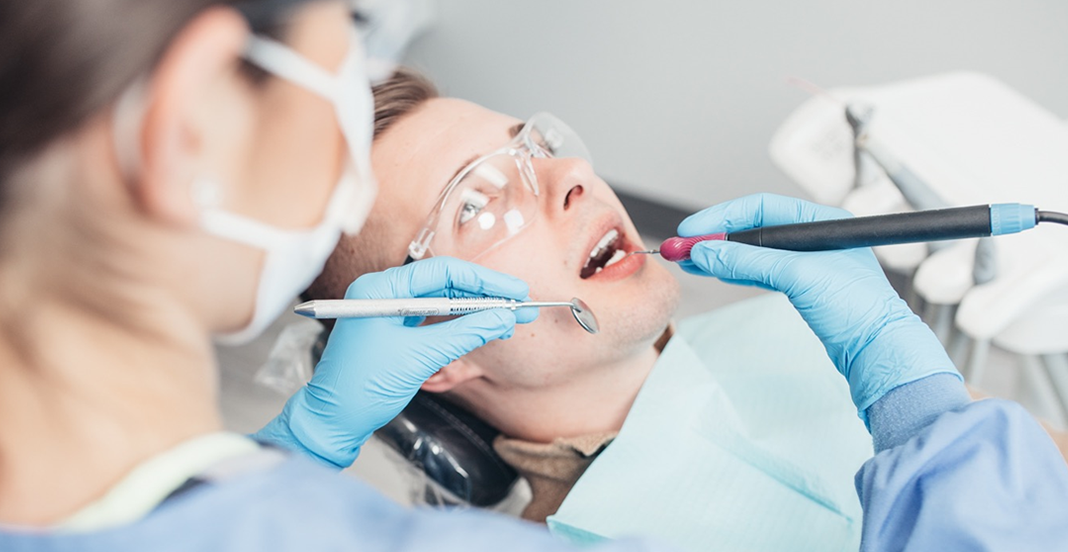 The success and quality of every restoration is dependent on a solid foundation and this requires good oral health – but how do we achieve and maintain this and whose responsibility is it, Dentsply Sirona questions.
The success and quality of every restoration is dependent on a solid foundation and this requires good oral health – but how do we achieve and maintain this and whose responsibility is it, Dentsply Sirona questions.
It is a sad fact that the incidence of dental caries across the globe – including western Europe, makes this one of the most common dental diseases. According to estimates from National Smile Month, 31% of UK adults have tooth decay and 66% have visible plaque. Although we are fortunate to have access to a vast array of educational resources and dental products, they are often under utilised, causing delays in acute treatment. With this in mind, a robust and well managed preventive strategy for all patients should be an essential element of today’s dental care.
Responsibility
For every patient, the responsibility for managing caries risk lies with the whole dental team. Educational materials, such as posters showing brushing techniques and/or pictures of extreme decay and gum disease can go some way to highlighting the issue. However, to truly educate patients about oral hygiene requires the intervention of dental professionals themselves. This makes the role of the hygienist a priority for any practice – especially one that is looking for predictable restorative outcomes.
Support
Hygienists are one of the best resources available when it comes to caries management. Emphasis should be placed on empowering hygienists, and supporting them with systems and equipment that facilitate the provision of defined pathways helping achieve improved oral health. Offering all patients access to this resource can go a long way in countering the negative connotations that are sometimes associated with oral hygiene.
Wading through treacle
Dentists and hygienists often face an uphill struggle in navigating patients through the constant exposure to advertising for toothbrushes, toothpastes, floss and mouthwash, which are all too often followed by an advert for a sugar-laden fizzy drink. So the public can be forgiven for being on the back foot when it comes to good oral health. This is where the dental team needs to step in and educate patients about diet and oral hygiene.
Approaching caries management
Good oral hygiene means effective caries management, which is often approached from a surgical-restorative angle. However, this approach can mean multiple replacement procedures resulting in mixed outcomes that can necessitate more invasive treatment. In fact, it is often the same carious lesions that require repeated work, because the original disease wasn’t successfully treated.
If, instead, dental caries is managed from a preventive angle, including patient education, the condition is likely to be better managed and form the foundation for successful restorative work.
Preventive measures
Due to its phasic nature, decay can be prevented and treated in its earliest stages before irreversible damage is done. Measures such as educating patients about risk factors, giving lifestyle and dietary advice, and teaching the most effective oral hygiene routines, as well as promoting the benefits of regular hygienist visits, can form the basis of effective caries management.
Here the hygienist’s role is crucial; if the beginning of a carious lesion is identified, then the process can potentially be reversed with thorough, regular scaling and debridement, preventing the need for subsequent restorations or more invasive treatments. If restorative treatment is required, it is vital that the patient understands that the quality of the final restoration is dependent on regular hygiene appointments and implementing a rigorous oral hygiene regime at home. No dentist would ever attempt to place a restoration when the patient’s oral-health is poor, so beginning with this preventive building block is fundamentally good practice.
A joint effort
The challenge is to motivate patients to listen to advice in regard to caries management and to maintain the good work of hygienists. By engaging patients in treatment plans, they will better understand the benefits of caring for their teeth and gums and will be more likely to follow a preventive route on their journey to excellent oral health.
To find out more about the extensive range of preventive solutions, materials and equipment, please visit dentsplysirona.com.
You can also access a range of education resources, video tutorials, courses and CPD webinars at dentsplysirona.com/ukeducation.
Earn Dentsply Sirona Rewards on all your preventive solution purchases at dentsplysironarewards.co.uk.
Facebook: @dentsplysirona.uk
Twitter: @DENTSPLY_UK


